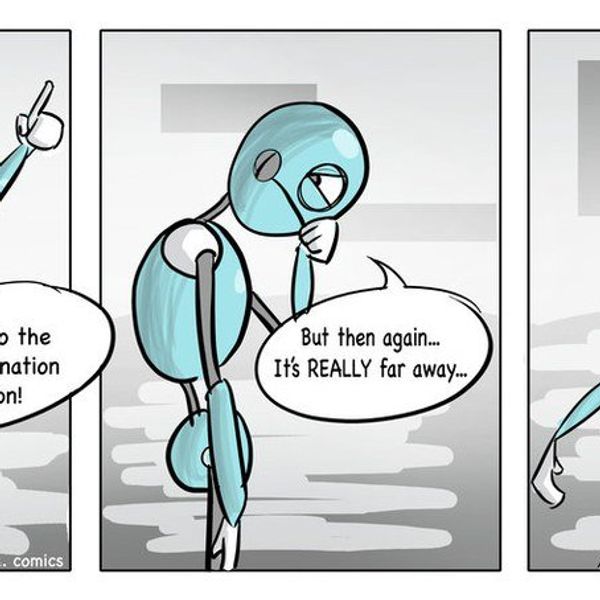Saving money, especially as the cost of living increases, is becoming a top priority for people of all ages. With inflation skyrocketing, it’s becoming challenging for people, especially those in the middle class, to make ends meet.
Younger generations, such as millennials and Gen Z’ers, are worried about their financial future and for good reason. Will Social Security be around long enough to support younger generations?
A Brief Overview of Social Security
Social Security is a federal program in place to help citizens of the U.S. feel financially secure due to varying circumstances. For example, the Social Security program offers disability, survivor and retirement benefits for people enrolled. Most commonly, people will start receiving their Social Security benefits after they reach retirement age, which is 67 years old.
At birth, citizens are provided with a Social Security number (SSN), which they provide to their employer once they reach working age. Around 169 million citizens pay Social Security Taxes every year, and about 64 million citizens receive benefits through the program every month. According to the National Academy of Insurance, around one in four families receive income from Social Security.
The State of Social Security in 2023
According to a whitepaper from HealthView Services, it’s estimated that millennials could lose hundreds of thousands of dollars in Social Security benefits in the coming years. Millennials and Gen Z’ers are starting to lose faith in the program.
There are a few reasons why young people are concerned about receiving benefits. For example, some politicians in the federal government are looking to sunset it, along with other programs such as Medicare and Medicaid. Additionally, the Social Security program is expected to use reserve funds to cover benefits payments instead of simply relying on payroll taxes.
If no modifications are made to the current Social Security program, the program may exhaust its funding by 2035 or 2036. Because younger generations still have a way to go when it comes to retirement age, it’s no wonder younger people are nervous about not receiving benefits in the future.
Suppose Social Security does run out of money in the next 15 years. In that case, the program wouldn’t be completely shut down, but benefits payments would decrease. It’s possible that the program could only make 75-80% of the promised benefits to payees.
How to Save for Retirement Outside of Social Security
Because the future of Social Security is somewhat uncertain, young people need to start saving for retirement in other ways. For example, setting up a basic savings account is a good place to start.
If you can’t rely on Social Security benefits, how else can you start preparing for retirement?
1. Calculate How Much to Save
There are plenty of ways to determine how much you need to save to fully prepare for retirement. You can use various online calculators, some of which identify how much you need to save, how much you can put into your 401(k) and how much you’ll receive in Social Security benefits. By understanding how much you’ll need to save now, you have more chances to save your money and live comfortably once you retire.
2. Use Money-Saving Apps
Another way to save money is to use money-saving apps on your smartphone. The iOS, Android and Google Play stores have plenty of budgeting, money-saving and other financial management apps to help get you started. Try to save with useful apps such as:
- Honey
- RetailMeNot
- GoodRx
- SavingStar
If you can build good financial habits while you’re young, they will carry you through your adult years and into retirement.
3. Open a Retirement Savings Account
Another wise saving strategy to pursue in your 20s and 30s is opening a retirement savings account. You’ll have to choose which type of account you want: a traditional or Roth IRA, a 401(k) through your employer or a SIMPLE IRA.
By opening up a retirement savings account, you’ll be well on your way to living more comfortably once you retire and in the following years. If you open an account, experts suggest saving 10-15% of your current income to prepare for retirement.
Prepare for Retirement Without Relying on Social Security Benefits
As mentioned above, it’s unclear whether the federal Social Security benefits millions of Americans receive will be available in the upcoming decades. The ultimate goal is to have payees continue receiving benefits, but there’s no way to know if that’ll happen. If you’re in your 20s, 30s or 40s, consider using some of the money-saving tips above to prepare for retirement in place of Social Security benefits.



















